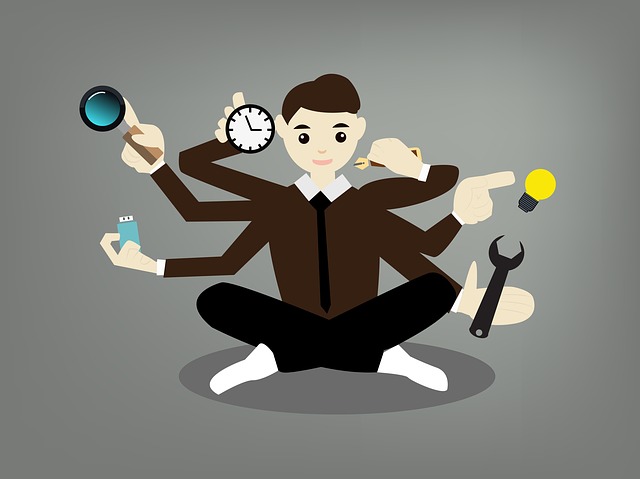How do college athletes keep up with school?
Today, success means being able to do everything at once. Spinning, twirling in different directions to expand the range of skills and knowledge.
Teachers treat athletes differently. Some take their sides, and some have requirements so exaggerated that they cannot accept the fact of absence from the lecture. Because of frequent absences due to training and competition, athletes have to learn how to write college essays and devote a lot of time to self-studying or consulting with tutors to catch up. However, there are simple rules for self-organization that help student-athletes keep up with study and win prizes in competitions.
[toc]
Set priorities

Prioritizing is a responsible moment. It is worth clearly understanding what you want to get from education and sport and move forward with the chosen direction. Define for yourself what is more important?
A simple step-by-step process of this method:
- Imagine yourself and your life in a year;
- Think about how you have achieved all your goals;
- Create a to-do list that will lead to this.
You should begin imagining yourself in a year (five, ten years); you can look at your life from a completely different perspective. This will help you figure out whether your life choices are correct. After this analysis, you can evaluate the effectiveness of your options and set the right priorities.
When it comes to prioritizing your daily tasks, the Eisenhower Matrix will help. Take a piece of paper and draw a square, dividing it with two lines into four sections. Think about what things you have to do and place them in one of the four quadrants:
- Important and urgent;
- Important and not urgent;
- Unimportant and urgent;
- Unimportant and not urgent.
You should keep most of your affairs in the quadrant “important and not urgent” and prevent their transition to “important and urgent”. And unimportant urgent and non-urgent should be filtered rigidly, much to refuse.
Compile a plan and schedule
An approximate plan of activities and a clear schedule of classes will speed up the movement in any direction. And rare visits to classes and training will not give anything, just a waste of time. However, it is impossible to set a schedule if you don’t know what you are aiming for.
It is worth adequately assessing the opportunities and setting goals. They help you to focus, understand the actions, and adhere to the direction, which, in turn, gives you self-confidence.
After you have divided up your work with the Eisenhower Matrix, you can make your schedule for a day or week. Remember to add breaks, rest periods, meetings with friends, and hobbies to your schedule. You are not a robot, and a strict schedule can be exhausting and stressful. It can make you hate your whole life, pack your things, and go to India to meditate with the monks.
Multitasking is a myth!

There are no people who do many tasks at once: they simply switch between several tasks quickly. It takes time and energy for a person to switch. When you’re planning your day in the morning, think objectively about how long homework and training can take. Sometimes it’s not just three hours “with spare”, but only 30 minutes. Thus, the time spent will be adjusted to the time you have set yourself.
The Pomodoro technique helps: set the timer for 20 minutes, and in these 20 minutes, you are fully immersed in the task. The timer has worked for a break, and you switch to a 3-5-minute break, and then return back to work for another 20 minutes.
Get enough sleep
Perhaps, this is the main advice for all times. It is better to sacrifice a few hours on social networks and go to sleep before midnight and get up early in the morning to do all the unfinished tasks. If you want your memorable information to move from short-term memory to long-term memory, you need sleep — it is suck up while you sleep.
Have a good rest
Rest is the main component of the daily routine. The correct distribution of loads and breaks allows you to move forward, even when it is difficult.
The body needs regular recovery; otherwise, you will exhale, lose time and physical shape, take a few steps back from the target. On weekends, try to pause after daily exercise. This applies to both study and active training — running, push-ups, and even walking. Without proper rest and a period of calm, your muscles will not be able to recover, and your training will harm you. Training too hard can lead to constant anxiety, hyperactivity, and increased agitation in your body. Heart palpitations and insomnia are typical signs of this condition. It is needless to say that in this state, you are unlikely to be able to concentrate on your studies and achieve results. And you clearly do not want to sit on the bench because of your low academic performance.
Don’t be afraid to make a mistake
There are moments when nothing works out, and you don’t want anything. It is worth questioning each of your steps because there is always the possibility of losing, both in sports and in the study. Treat the falls as another step and experience – this is what will make you stronger. After all, in fact, the error is a hint that you need to change something: a plan of action, the load, or perhaps even the major subjects that you have decided to study.



